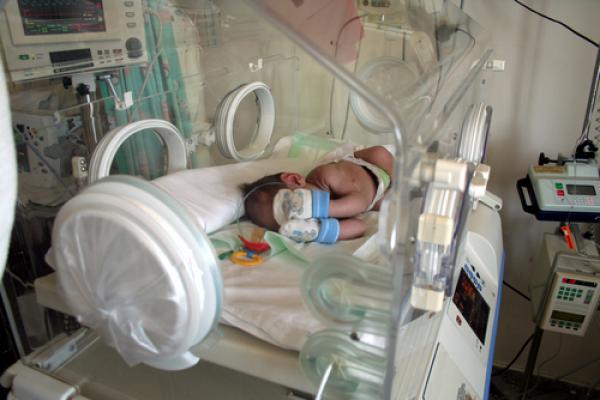After I blogged about expensive American childcare earlier this week, my daughter Molly directed me to a March of Dimes web page showing the extremely high rate of preterm births in the United States. "Born Too Soon," a 124-page report issued in 2012, "ranks the U.S. 131st in the world in terms of its preterm birth rate of 12.0 per 100 live births, almost tied with Somalia, Thailand, and Turkey. Nearly half a million babies are born too soon in the U.S. each year."
According to a 2009 report from the Centers for Disease Control, "the main cause of the United States’ high infant mortality rate when compared with Europe is the very high percentage of preterm births in the United States" — in spite of the fact that "infant mortality rates for preterm (less than 37 weeks of gestation) infants are lower in the United States than in most European countries." In addition, "infant mortality rates for infants born at 37 weeks of gestation or more are higher in the United States than in most European countries."
Read the Full Article

